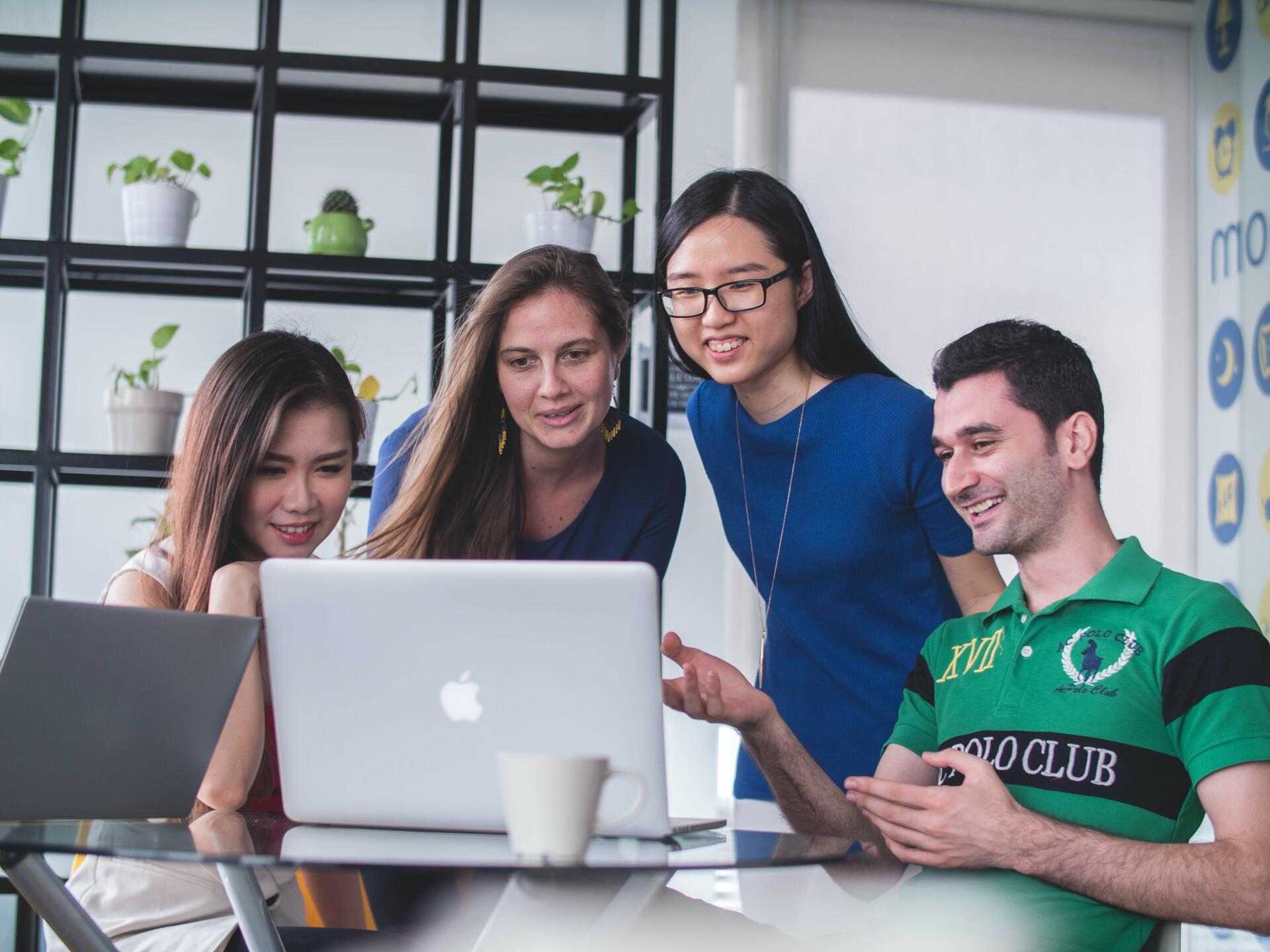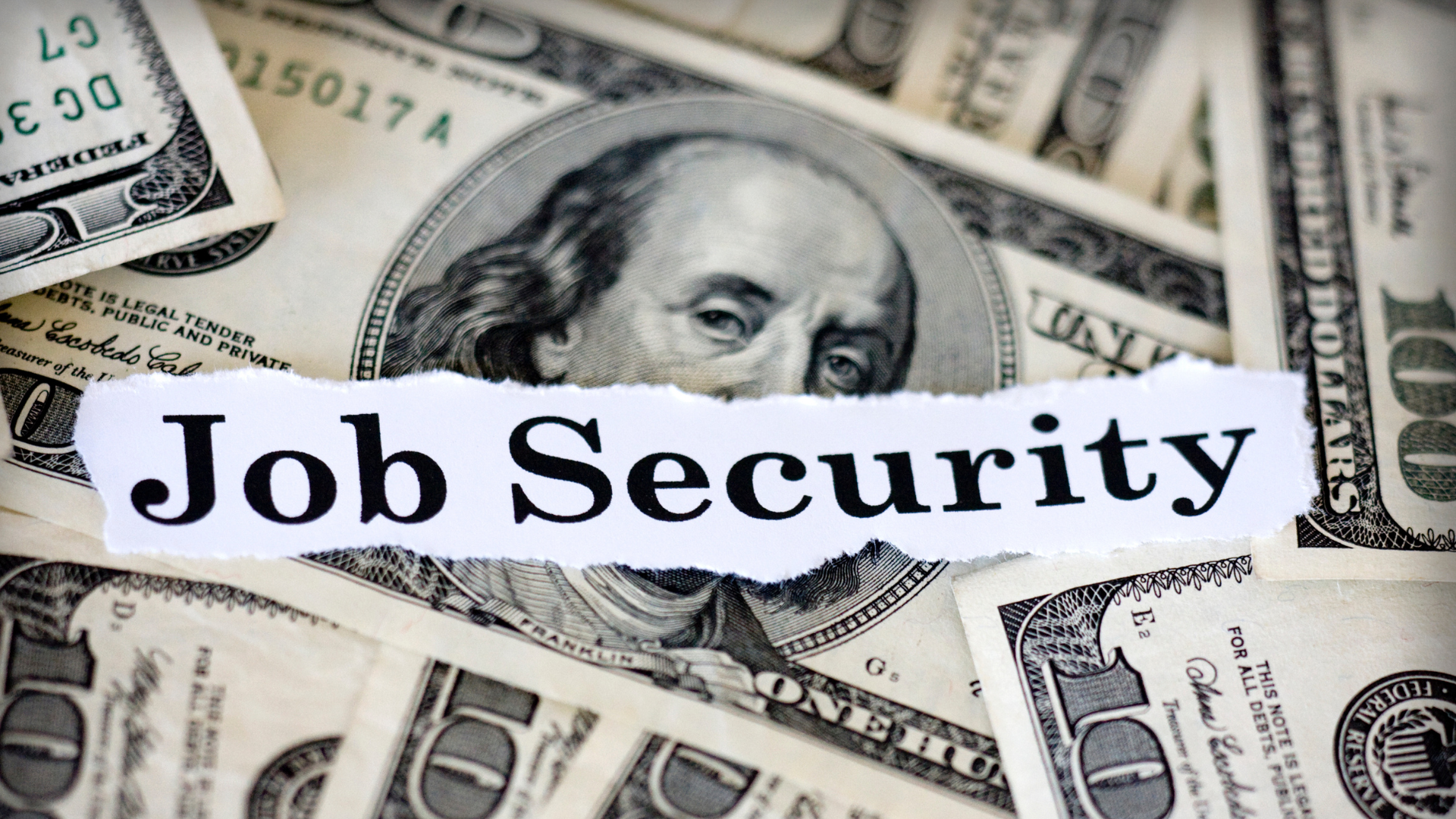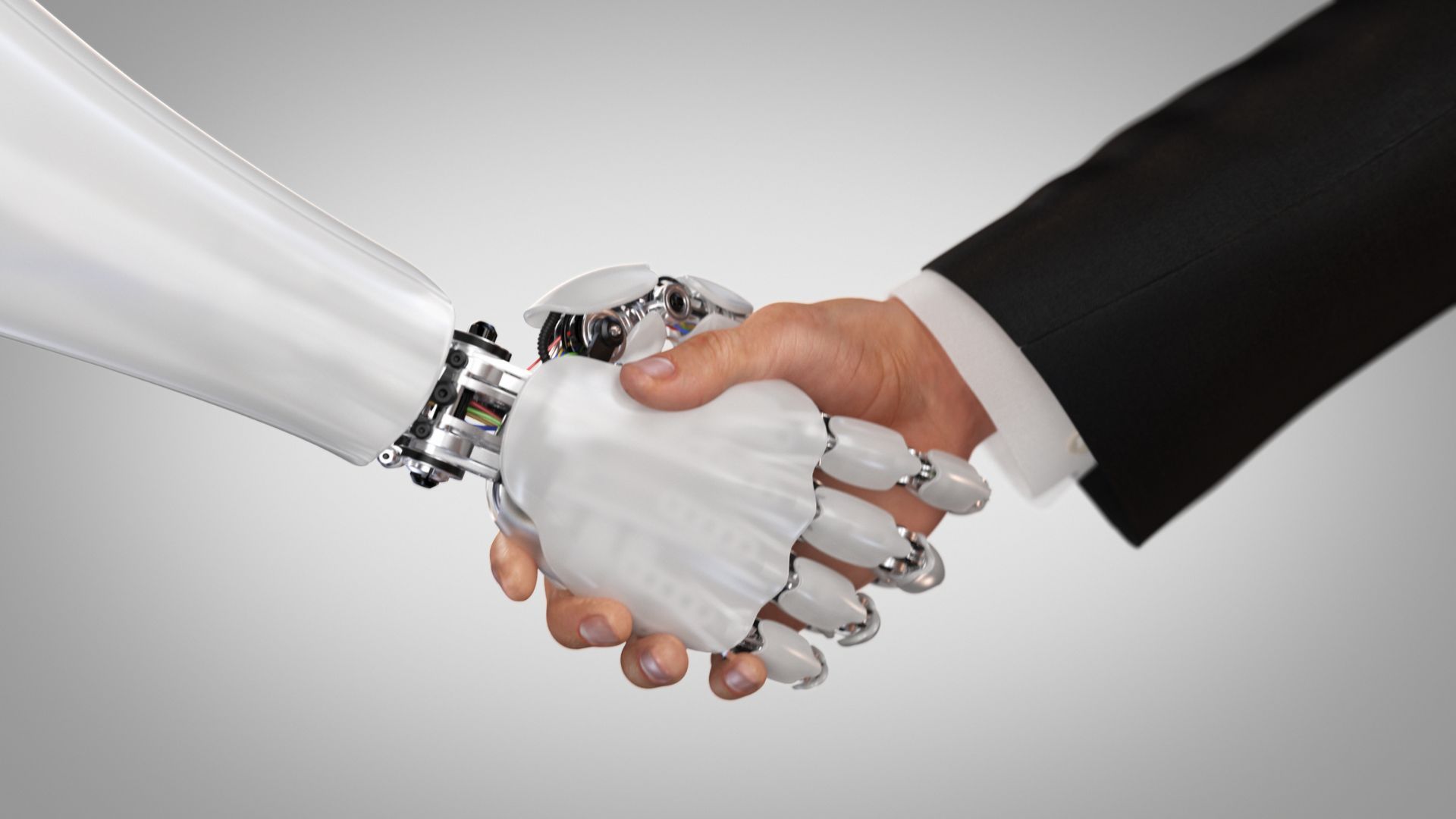Wellbeing Strategies
Meaghan Gleeson • December 7, 2020

2020 has required some new thinking about our wellbeing. So, whilst I am not a psychologist, I have put together some of the strategies I have found useful during these constantly changing times.
Try to be present , don’t think too far ahead
During times where we become overwhelmed, it’s important to try to break down the task at hand into individual tasks.
I try not to think too far ahead, I always have a clear goal of where I want to go, but rather than focusing on the big picture all the time, I will look at the little steps I need to take to get there.
Be kind to yourself
Each week, I take time to sit down and think about the progress I have made in the different aspects of my life and this gives me comfort that I am able to tackle any new challenges which arise. Talk to yourself in a supportive way, like you would encourage a colleague and celebrate the small wins!
Self care
It’s essential to look after yourself, after all, if you don’t look after yourself who will? You will be able to tackle any challenge when you are feeling your best.
Some of my tips are:
1. Get outside for a walk around the block each day, getting out into the sunshine and fresh air can do wonders
2. Take a deep breath! You might be surprised at how stopping and taking a few deep breaths and focusing on your breathing for 5 minutes can calm your mind
3. I have started doing meditation podcasts which have been great, my favourite one is “Breathe People” on Spotify
4. Fuel your body! Ensure you are eating plenty of healthy meals and snacks and drinking enough water. Limit the caffeine! I definitely find too much coffee winds me up.
5. Make sure you get as much rest as you can, problems and issues never seem as bad after a good night's sleep
6. Enjoy the small things, take the dog for a walk, lay out on a picnic rug and look at the sky in the backyard, talk to a child about the fun things they did in their day.
7. Hug a pet, friend or partner!
8. Be mindful of how you start the day. Every morning I take time to think about what I am grateful for in my life, and be positive that the day ahead will go well. Try not to be in a position where you are rushing. A little planning the night before means a more calm morning.
9. Take breaks! Even though the temptation is there to sit chained to the desk, you will be much more productive if you take a break and clear your mind. Try to take breaks from social media and the news throughout the day.
10. At the end of your day, think about what went well, and what you can learn for the next day. Keep a notepad and write it down, then you can let it go and switch off for the night.
11.
Schedule things to look forward to, just for you. It might be meeting a friend for a coffee, visiting a local park, talking to a friend on the phone, a mini break or a walk along the beach. My ultimate escape are Day Spas (currently planning my next one to look forward to!) and I would like to share some of my favourite (Covid safe) Day Spas here.
Gillian Adams
An Urban Spa oasis located in Turramurra on the North Shore of Sydney, where you can stay for an hour or the whole day! I highly recommend the Vichy Shower and Aquamedic pool. You can even stay for lunch in the garden after your treatments.
Golden Door
A wellbeing retreat located in the Hunter Valley of NSW. You can stay for two to seven and be treated with a variety of wellbeing programs, exercise classes, a state of the art day spa, gourmet food and accommodation.
Gaia
(next on my bucket list)
Founded by Olivia Newton-John, this is a beautiful spa and retreat located in the hinterland of Byron Bay NSW. Hopefully it won’t be too long before I get to visit…
Disclaimer
This is a general information blog and not written to provide any form of medical advice. If medical treatment is required, please see your medical professional.
Find the job you love I Find the right talent
Get in touch with people2people
Australia
I
United Kingdom
In business since 2002 in Australia, NZ, and the United Kingdom, people2people is an award-winning recruitment agency with people at our heart. With over 12 offices, we specialise in accounting and finance, business support, education, executive, government, HR, legal, marketing and digital, property, sales, supply chain, and technology sectors. As the proud recipients of the 2024 Outstanding Large Agency and Excellence in Candidate Care Awards, we are dedicated to helping businesses achieve success through a people-first approach.






